The fastest way to beat bad breath is to keep a consistent oral hygiene routine, stay hydrated, clean your tongue, and schedule regular dental checkups. You also need to avoid odor-causing foods, use an antibacterial mouthwash, and support saliva flow with sugar-free gum or water. These six proven steps give you both quick relief and long-term fresh breath.
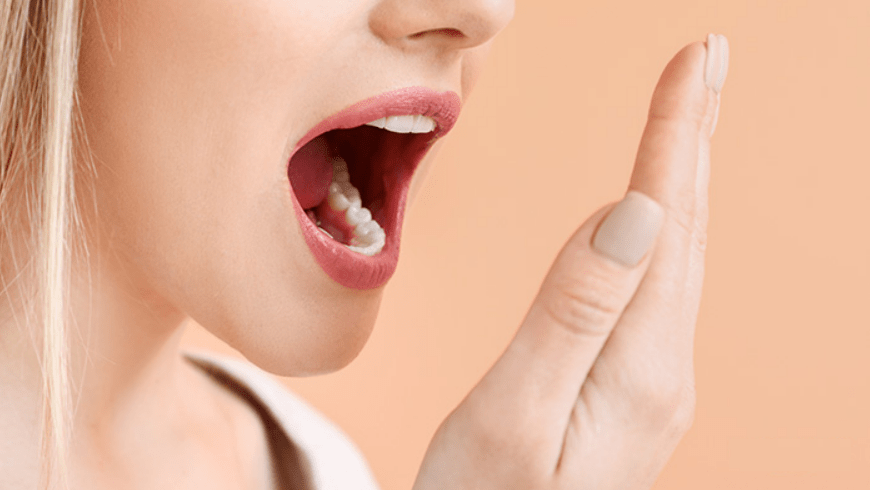
Bad breath, also called halitosis, is caused by bacteria in your mouth producing sulfur compounds. These bacteria thrive on leftover food particles, poor oral hygiene, and a dry mouth. Gum disease, cavities, and tonsil stones make the problem worse. Even diet, medications, or health conditions can contribute.
At Buford Dentist, we see patients every day who deal with chronic halitosis. The key is knowing the root causes and addressing them with a complete strategy, not short-term cover-ups.
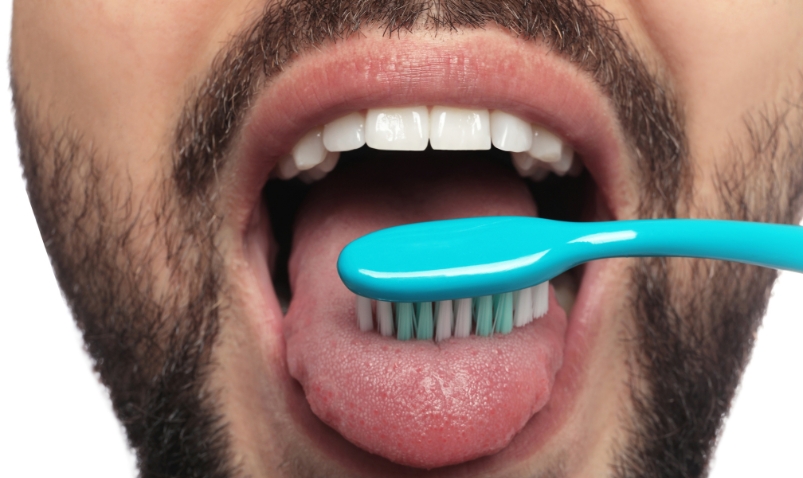
Bad breath often starts on the tongue. The tongue’s surface has small grooves that trap bacteria and food.
What to do:
A clean tongue lowers sulfur compounds, which are the main cause of foul odors.
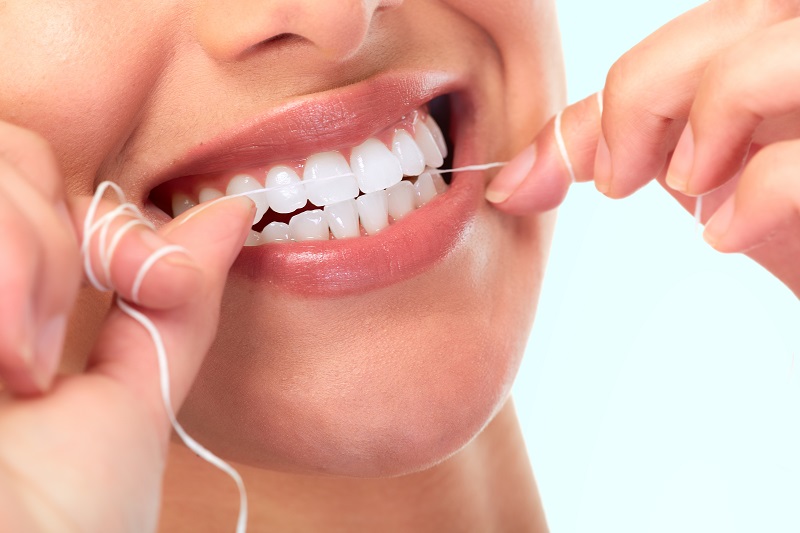
Flossing removes food particles stuck between teeth that brushing misses. When you skip flossing, bacteria break down these particles overnight and create strong odors.
Tips for flossing:
Daily flossing protects against gum disease and keeps your breath cleaner.

Dry mouth is one of the biggest causes of bad breath. Saliva naturally washes away food debris and neutralizes acids. Without enough saliva, bacteria multiply quickly.
How to manage dry mouth:
Hydration supports your oral microbiome and keeps breath fresh longer.
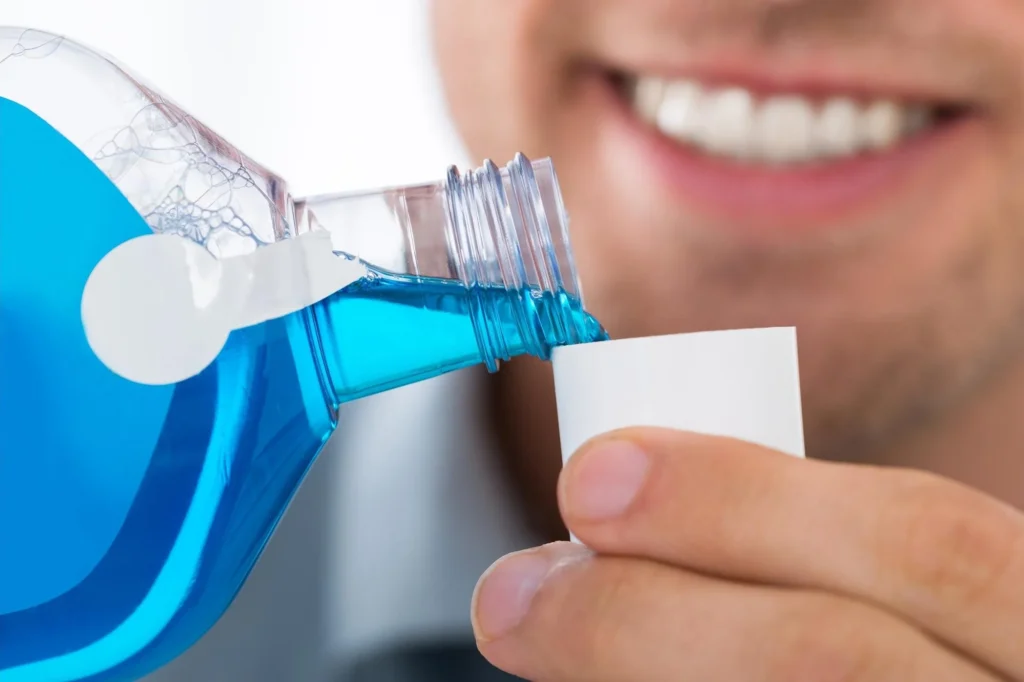
Mouthwash helps reduce odor-causing bacteria, but not all formulas are equal.
Best practices:
Mouthwash supports your oral hygiene routine by lowering harmful bacteria counts.

Food choices directly impact your breath. Garlic, onions, and coffee release strong-smelling compounds that linger in the mouth and bloodstream. Sugary foods also encourage bacteria growth.
Diet adjustments:
Your diet influences both immediate breath freshness and long-term oral balance.
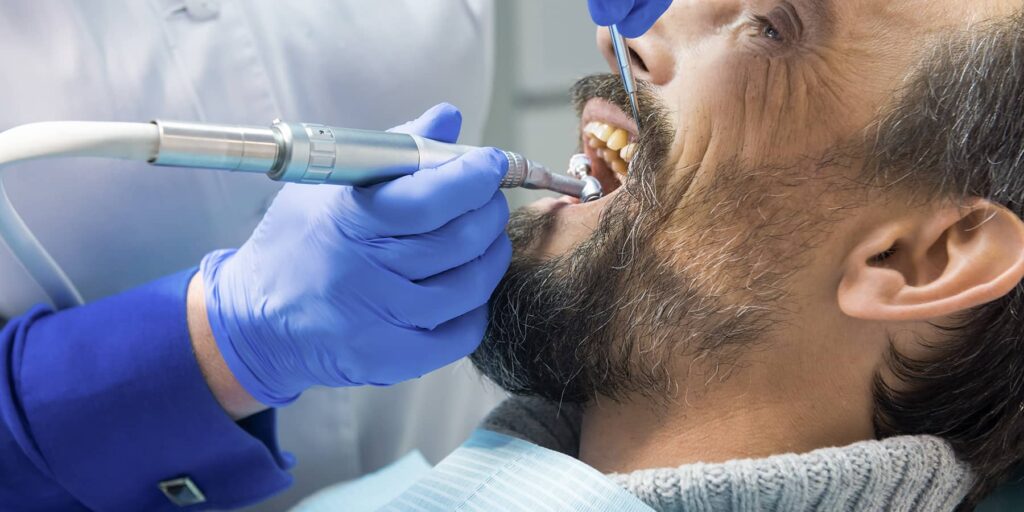
Persistent bad breath often signals deeper dental issues like gum disease, cavities, or infections. Only a dentist can identify and treat these properly. f you’re looking for a trusted provider, visit our General Dentist page to learn about comprehensive care options.
What to expect during visits:
At Buford Dentist, we recommend dental visits every six months for prevention and early intervention.
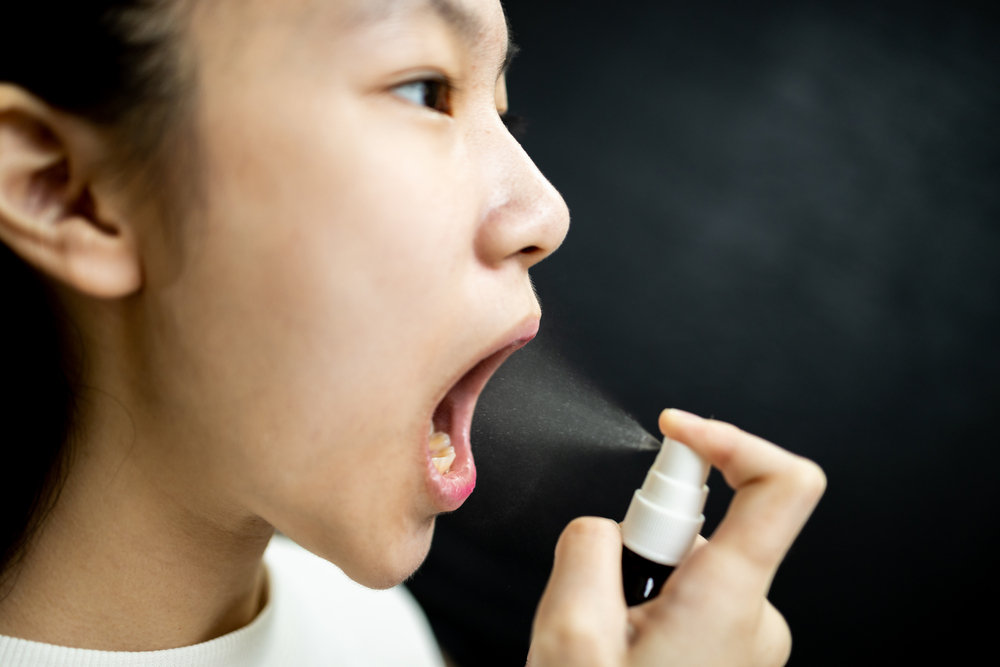
Most people think brushing and mouthwash are enough. In reality, stubborn bad breath often requires advanced steps.
Extra measures:
Addressing halitosis is about consistency and science-backed methods.
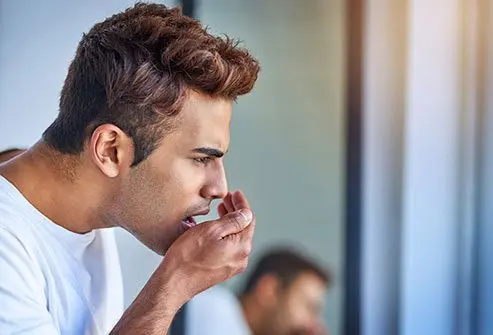
Beating bad breath is not about one-off fixes but about creating lasting habits.
Long-term prevention tips:
This habit-based approach ensures you stay confident in daily interactions.
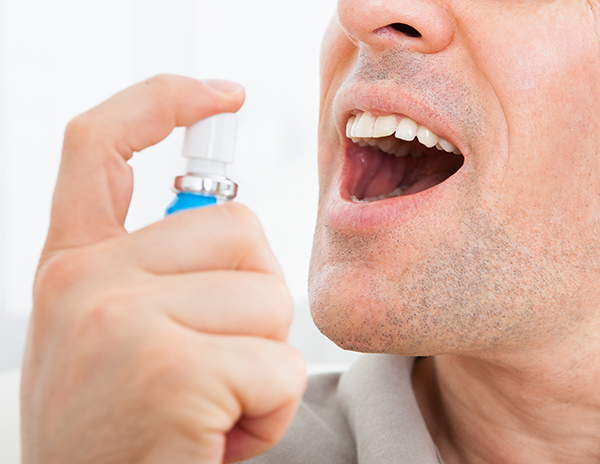
If you suffer from chronic dry mouth, you face extra challenges. Medications, aging, and health conditions make it worse.
Dry mouth remedies:
These steps combined with routine hydration give better control over halitosis in dry mouth sufferers.
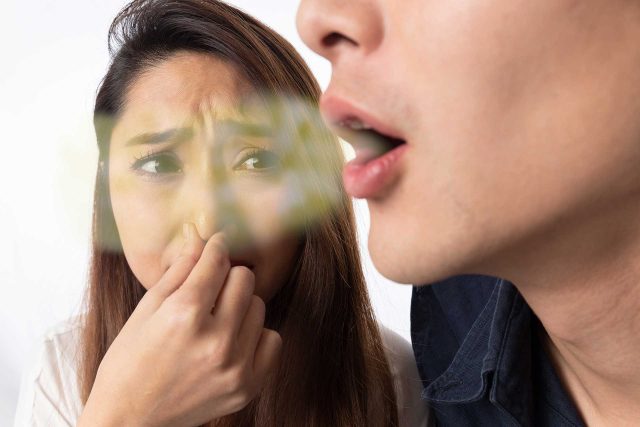
Studies show that about 25 percent of people worldwide deal with chronic bad breath. Research links halitosis strongly with gum disease, tongue coating, and dry mouth.
Key findings:
Backing your habits with research ensures confidence in what truly works.
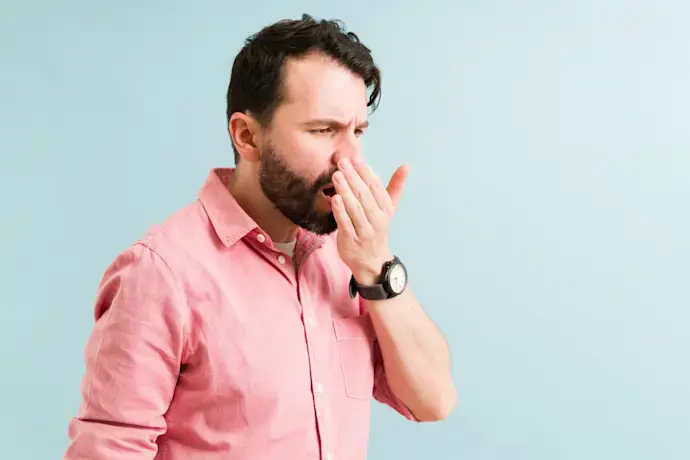
Beating bad breath is about consistency, awareness, and the right techniques. The six tips of brushing and tongue cleaning, flossing daily, staying hydrated, using the right mouthwash, adjusting diet, and scheduling checkups cover all key causes.
By following these steps and working with Buford Dentist, you can move from quick fixes to lasting results. Fresh breath supports your health, relationships, and confidence every day.